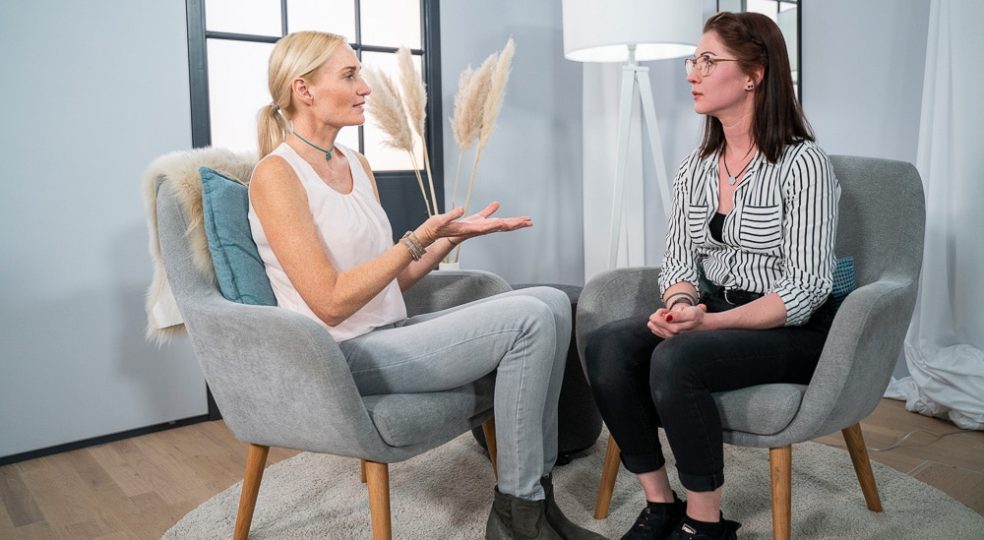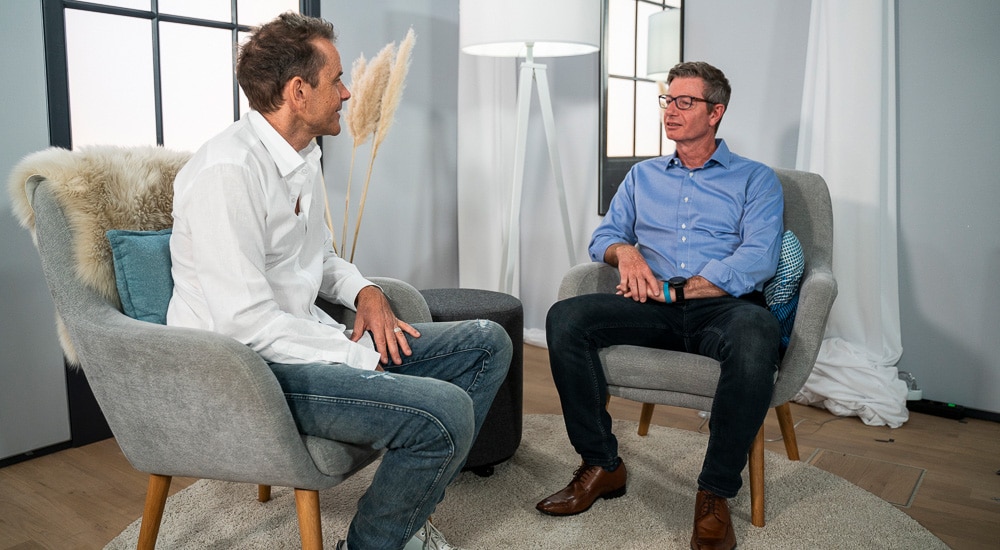
For some years now, the coaching market has been increasingly booming. More and more people are taking advantage of coaching to further their personal and professional development.
The results speak for themselves. Many clients succeed in mastering challenges and outgrowing themselves through coaching.
What coaching actually is and how a qualified coach can help you develop personally and professionally, you will learn in this article.
In addition, you will learn in this article what is important when you want to get started as a coach yourself. In this context, we tell you which qualities and skills are necessary to establish yourself as a coach in the highly competitive market in the long term.
You can't teach people anything. You can only help them to discover it within themselves. - Galileo Galilei
The focus of a coaching session is the personal and professional development of people who want to improve their develop to one's full potential want. With a coach at your side, goals can be reached faster, mindsets can be changed and success in the personal and professional area can be achieved.
A coach is an expert in a specific field (e.g. business management) who accompanies you through methods, strategies and techniques on your way to personal and professional development. The coach takes an interactive and process-oriented approach.
However, the coach does not impart any truths that he feels are universally valid. Rather, the coach supports you in gaining your own insights that will take you further. Coaching takes place in very different areas. The most common areas in which coaching is offered are listed below.
The most common coaching areas:
Our lives are filled with ups and downs. Some days we feel invincible and could embrace the whole world with happiness. On other days, however, the world pushes us down with full force. We are thrown off course by strokes of fate or despair because we can't get ahead in life.
This is where coaching comes in. Coaching helps us through Self-reflection in helping us to better understand our inner programs. The goal of coaching is to develop personally in order to lead a happy and fulfilled life.
With a good coach at your side, you will succeed in achieving your personal and professional goals. Problems and challenges can be solved with a good coaching. Below we have listed the most common reasons why people seek coaching.
The most common reasons for coaching:
A serious coaching follows a clear structure. This is divided into 7 phases that help you to achieve your professional and private goals. We would like to introduce the 7 phases to you in the following.
Before you start coaching, you should first find out whether your coach is really a good fit for you. Does he represent the same values? Do you like his methods? Is the coach able to help you solve your problems and challenges? Often you can simply call your coach to arrange an initial meeting. Be brave.
Once you have found the right coach, it is important to formulate clear goals. What do you want to achieve in the coming weeks and months? In which areas of your life do you want to develop further? Your coach will help you to find out what you really want.
After you have defined your goals, we move on to the analysis of the current situation. Your coach takes a closer look at your current challenges. He helps you to solve these challenges by offering you concrete tips that you can immediately put into practice (e.g., "How do I get started?"). Heartbreak Overcome).
As soon as you have applied the first methods, techniques and strategies to the respective topic, you will receive initial feedback from your coach. This enables you to develop a deeper understanding of your challenges and inner programs.
Now that you have the methods you need, it's a matter of incorporating them into your daily routine. At this stage, it's crucial that you stay on the ball and don't lose your drive. The key word is: discipline! Because now it's about internalizing your knowledge and making it a constant habit in your life.
The performance review is the next round of feedback and reflection. Here it is now about analyzing your development, which you have made in the past months and weeks. What has changed? What challenges have you been able to overcome? In which areas of your life have you become better?
After coaching is before coaching. Once you've had your final meeting with your coach, it's crucial that you can continue on your path to success without your coach. You should now have internalized the content so much that you no longer need to rely on your coach.

In order to clarify what really makes a good coach, we would now like to list various characteristics. These will help you, to find an expertwho supports you in successfully mastering your problems and challenges.
5 characteristics of qualified coaches
Conversely, there are of course also characteristics that indicate that it is a coach with low qualifications. We would like to reveal these qualities to you here, so that you can protect yourself from phonies who only want to make a quick buck off you.
5 characteristics of bad coaches
The term coaching is often not clearly defined. This often leads to confusion with other fields of activity that are similar in essence but different in practice. We would now like to tell you how exactly coaching differs from similar disciplines.
Coaching focuses on the personal or professional development of the client. Through various methods and techniques (for example neurolinguistic programming) the client should be encouraged to self-reflect. Coaching is therefore help for self-help and thus a way to help the client to reach his full potential in different areas of life.
In a training session, the client is taught skills only (for example, self-management). However, self-reflection is not the first priority, but exercises that are supposed to help you achieve a certain goal. Here is a concrete example. Klaus H. (47) is Manager in a medium-sized company. He finds it difficult to appear confident in meetings. That's why he learns methods in training with which he can improve his Uncertainty can control.
Mentoring focuses on the transfer of specific knowledge in a particular area (e.g. method acting). Here is another brief example. Sebastian W. (22) is a budding actor and wants to conquer the stages of the country. He therefore seeks out an experienced mentor in this field. The latter shares with his new student the experience he has gained in the course of his career.
The focus of therapy is the treatment of mental disorders and illnesses (for example, depression). Therapists are usually experts trained over several years in a particular field. For example Behavioral Therapy.
The term supervision is often used in a business context. Supervisors are experts in a specific field (e.g. controlling). Supervisors support companies in solving existing problems, conflicts or challenges. In this context, such experts try to bring various processes closer, which brings the company forward.
You have the goal of becoming a coach yourself and are still looking for the right Education? You have the dream to help other people to a better life through your knowledge? However, you do not know exactly how you should go this way?
It is not so easy to establish yourself as a coach on the market. But what is the reason for this? Why do the majority of coaches find it difficult to make a living from their services? There are 5 reasons, which we would like to tell you now.
The 5 most common reasons coaches often fail:
To help you get started in the coaching business, Greator coaches Walter and Christina Hommelsheim have created a exciting online webinar where you'll learn what it takes to make it as a coach.
That's what you'll learn in the online webinar:
You can watch the online webinar now for free. Click here to register.
In this article you have learned how coaching can help you develop personally and professionally. You also learned what makes a good coach who can help you overcome challenges in your personal and professional life.
In addition, we have shown you in this article what is important when you want to successfully assert yourself on the market as a coach. So if you have been thinking about becoming a coach yourself for a while, we would like to invite you to the free online seminar with Walter and Christina Hommelsheim.
In the webinar, you will learn what really matters in coaching and how you can successfully compete in the marketplace as an expert. You can register for the free webinar now here.

